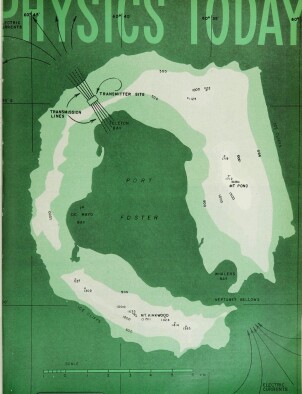How much is a physicist’s inertia worth?
DOI: 10.1063/1.3057693
In an article entitled “Individual Departmental Libraries vs. Consolidated Science Libraries” (Physics Today, May 1961, pp. 40–41.), Professor D. A. Wells of the University of Cincinnati reported on a poll of 126 chairmen of physics departments with respect to their opinions of consolidated science libraries. His results indicated that 84 “were strongly in favor of departmental libraries”, 17 “made no positive commitment”, 3 favored consolidation, and 22 did not reply. Professor Wells follows these statistics, which he does not refine to show which of his respondents were and which were not served by a centralized library, with a series of quotations setting forth the arguments favoring individual departmental libraries. But, he fails to present the reasoning for the other side. Without providing the reader with the opportunity to judge for himself, and by carefully suppressing any point of view that differs from his own, he concludes: “The few arguments which may be advanced in favor of the consolidated library can easily be given their proper perspective.” This is scarcely scientific objectivity. In the interest, then, of permitting the reviewer to establish his own perspective, it would seem only proper and fair to enumerate arguments in support of consolidation.
This article is only available in PDF format
More about the authors
J. H. Shera, Western Reserve University.




